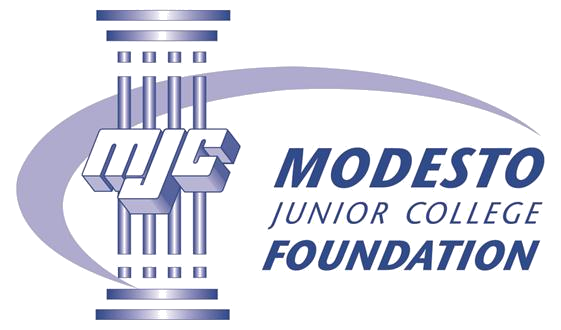Confronting Myself with Help From a Mentor
When I started the process of enrolling at MJC I had been clean and sober for about 90 days and out of prison for about 8 years. I was disabled, living in a sober living house and in drug court. I had no intention of getting an education, I simply wanted the check. This meant that I needed to take a full case load of 12 units to get the most money.
Since I was in recovery, I decided the best area of education for me was chemical dependency. My first class on that Monday was “Drugs and Alcohol in Society.” What an easy A I thought because there was not a drug or drink I had not consumed while in society. I walked into my class to find an African-American woman getting ready to teach the class. As a racist I thought “oh wow what could this black woman ever teach me?” However, Dr. Kimberly Kennard saw something in me I didn’t see in myself and began to push me. First she had to meet my racism face to face and help me see that everybody had something to teach everybody.
Dr. Kennard and I began to develop a strong relationship and she always pushed me to continue my education. She also encouraged me to become the president of the Human Services Club. This was a huge turning point in my life as I learned I was a good leader and that I had a passion for helping the less fortunate in my community. Taking on the role as President of the HSC taught me that I could juggle several different roles in my life and still be the same person at heart.
I earned three AA degrees before transferring to Stan State and receiving a Master’s Degree in Social Work. This is where I realized I wanted to work with the mentally ill and help to develop an understanding within the community and teach people how damaging and incorrect stereotyping can be.
As time went on, I ended up working in a residential drug and alcohol treatment facility because my past prevented me from getting many jobs in the area of mental health. Kim taught me if you cannot get in through the front door; there is almost always a back door. So today I am opening my own outpatient drug and alcohol counseling center which I hope will soon fund a program that will assist the dually diagnosed in getting clean and sober. I want my program to work with other local programs and assist these people in getting into housing, finding employment, taking care of medical, food and clothing needs. All of these programs working together can help these individuals get back on their feet and teach them other ways to maintain a healthy, clean and sober lifestyle, while minimizing the stereotyping of this population.
- Paula Martin, Class of 2006 & 2007
In Memoriam
Dr. Kimberly Kennard-Lyke
1964 – 2017
MJC Professor of Human Services
2001 – 2017


